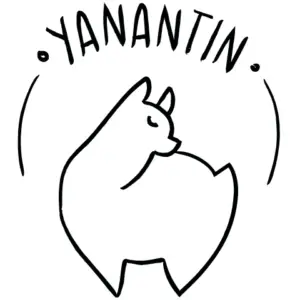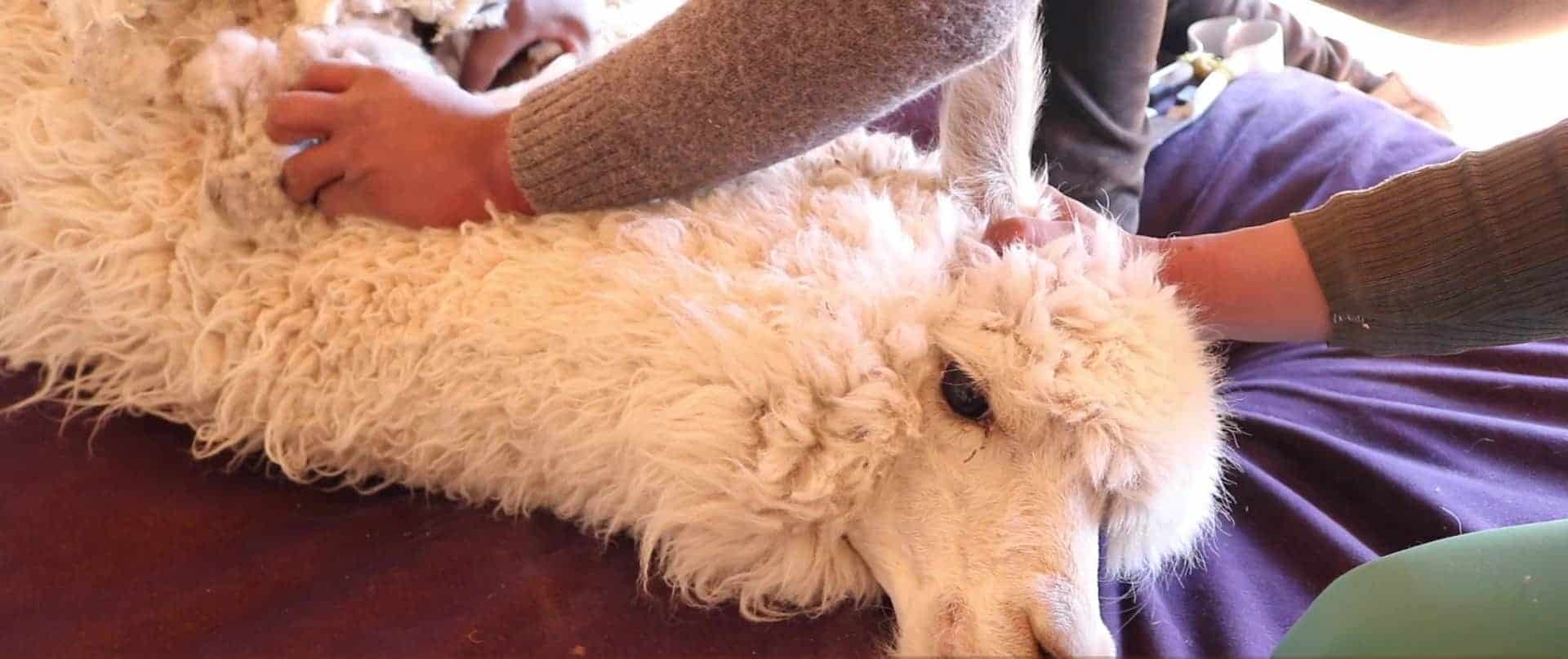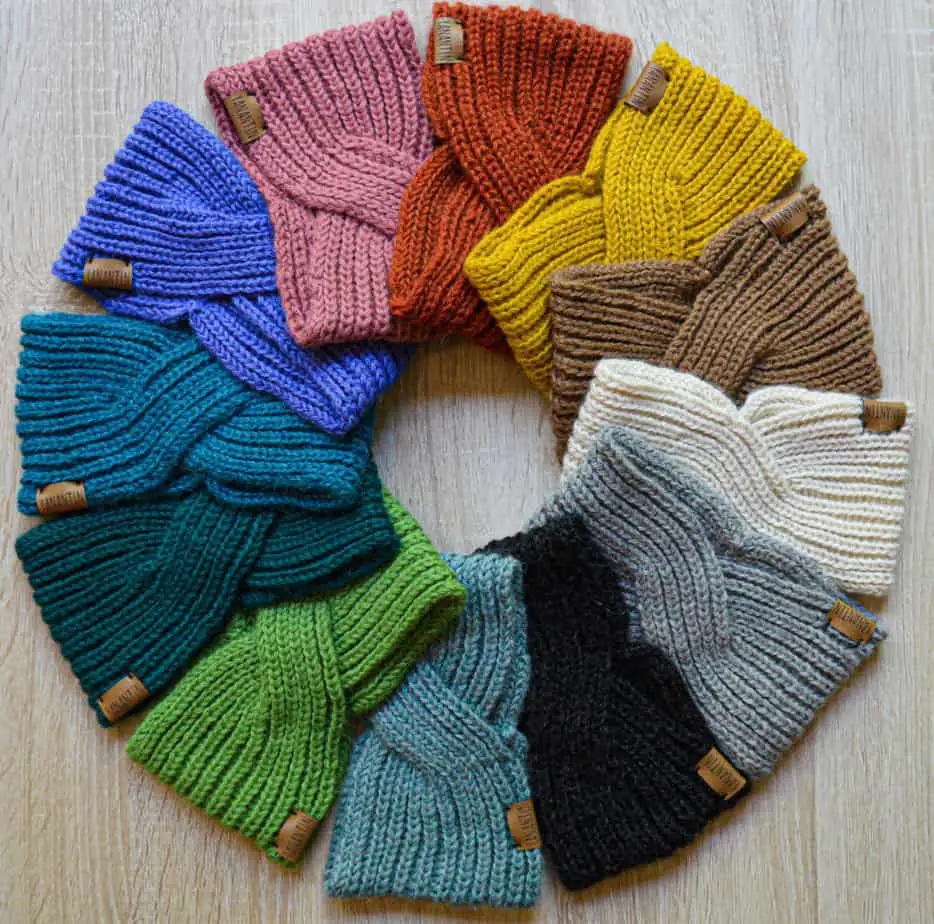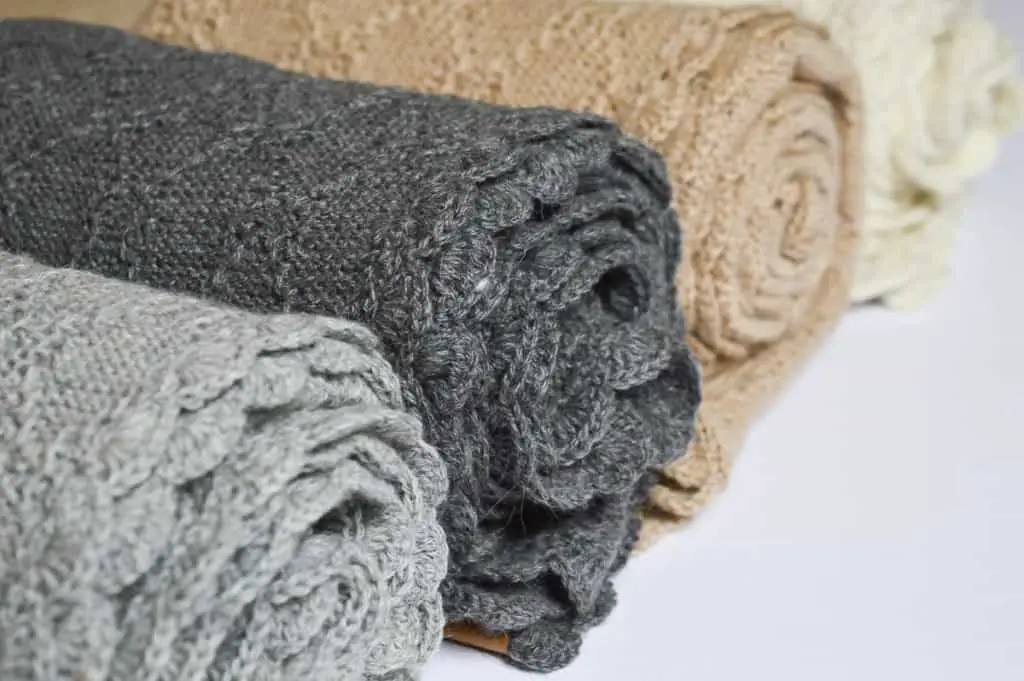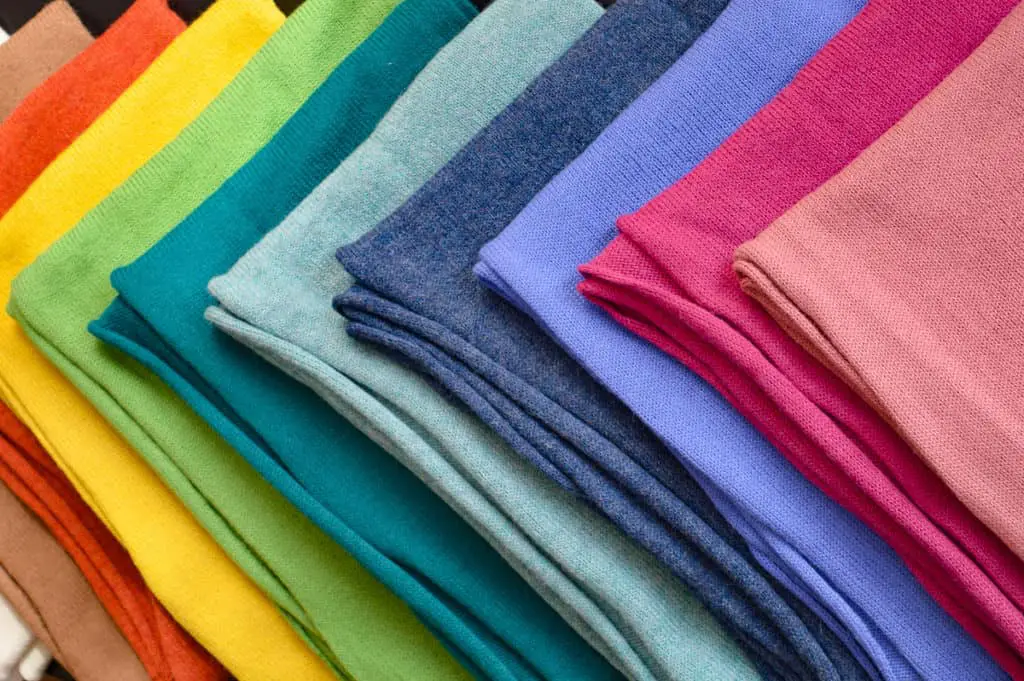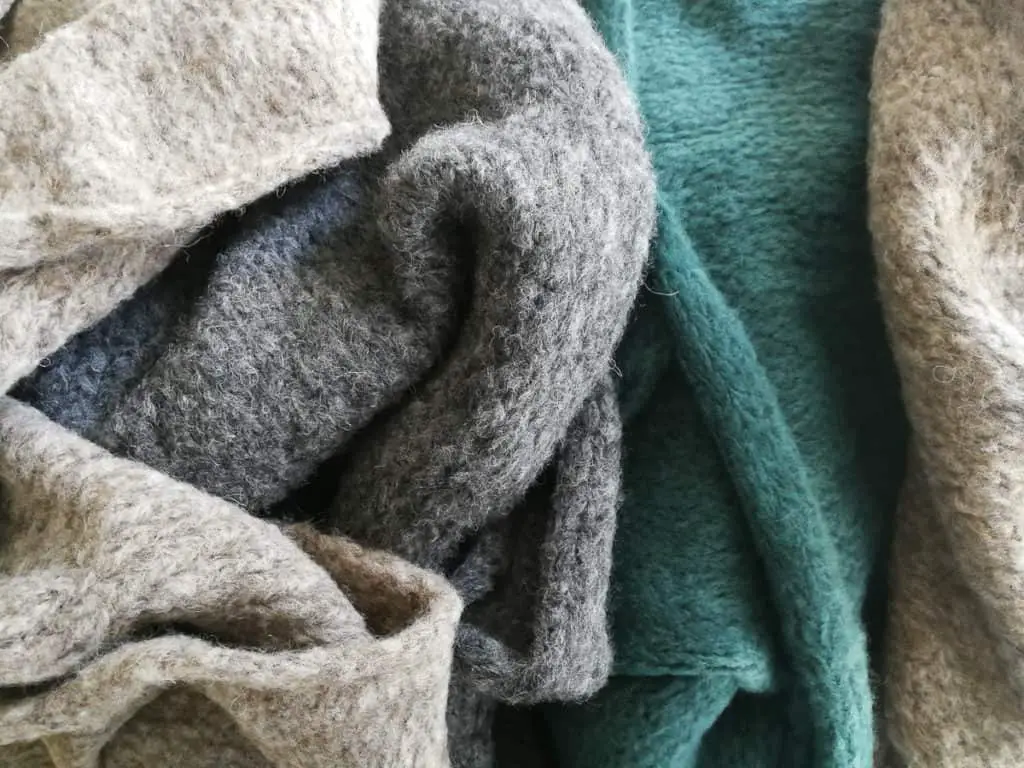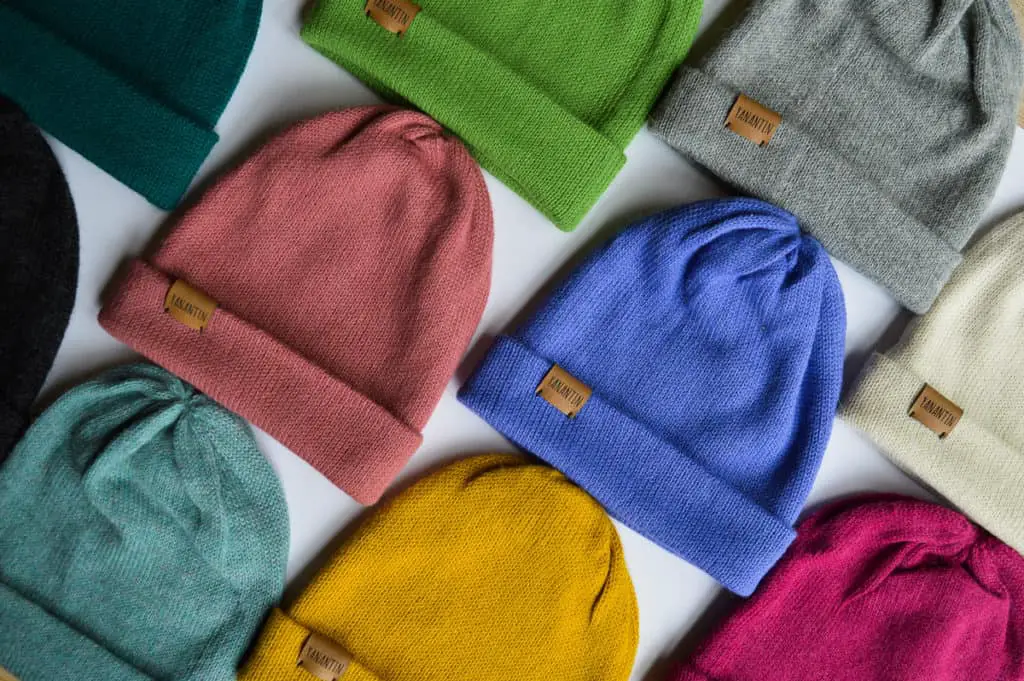Alpaca woolen garments are often portrayed as sustainable clothing, but for those of you wondering about the more complete picture of the alpaca wool industry, you might also be curious to know if alpaca wool is fair trade?
http://sjfiremuseum.org/privacy-policy Some alpaca wool is certified fair trade (e.g. Fairtrade International, Fair Trade Certified). However, smaller brands that don’t have certification are often still made in agreement with social and environmental standards, using high prices to pay for sustainable and equitable trade relationships. http://bridgewaterfire.com/wp-content/uploads/ALFA_DATA
That’s a mouthful of fancy words, but when there is no official certification, how can you know that alpaca wool is fair trade?
What Does Fair Trade Mean?
According to Wikipedia, fair trade means:
“Fair trade is an arrangement designed to help producers in growing countries achieve sustainable and equitable trade relationships. Members of the fair trade movement add the payment of higher prices to exporters, as well as improved social and environmental standards.”
Wikipedia
Simply put, fair trade is trade (business) in which partners (who often originate in developing countries) get paid a fair salary or compensation for their work, their products and their services, in order to guarantee a positive social or environmental impact.

Fair trade is more than just a fair salary for the producers, some other aspects include:
- Commitment to non-discrimination
- Gender equity
- Women’s (economic) empowerment
- Safe work environment
- Proper training
- Respect for the environment
- No child labor
- No forced labor
- Transparency
- The use of (raw) natural materials
- Locally produced materials
Some examples of acknowledged fair trade organizations are:
- Fairtrade International
- Fair Trade Certified
- Global Goods Partners
- World Fair Trade Organization (WFTO)
- European Fair Trade Association (EFTA)
Fair trade does not necessarily mean that the connected brands and/or stores are not-for-profit. Most organizations themselves, however, are non-profit in order to maintain their neutral position.
Another aspect of fair trade businesses is that they need to apply for the certification. Their supply chain is reviewed based on the standards of that association and when the business complies with all requirements, it is allowed to apply the label to their products.
- Once their application is reviewed and approved, businesses pay for the fair trade label (almost like a membership).
Another important note worth mentioning is that for some certifications, the business needs to get approved as a business, not per product, and is then allowed to apply the label to all its products (even when those are not individually certified or reviewed!).
How Does Fair Trade Apply to Alpaca Wool?
When brands or products are labelled fair trade, it means that they are (likely) made with respect for the producers, workers and the environment. However, if products don’t have a fair trade certification, it does not necessarily mean that it is not in agreement with fairtrade standards.
The latter is often the case for alpaca wool.
One of the downsides of fair trade certification is that it is incredibly expensive. Many small brands are not able to apply for the “big names” and will miss out on the benefits of being certified.
Especially when you consider that an incredibly important part of the certification process includes the farmers and producers of the material of fair trade products, you need to realize that alpaca wool often comes from very marginalized communities in South America.
This means two things:
- The people don’t even know what fair trade is, let alone that they would consider applying for such a certification
- The people don’t have the funds (or knowledge) available to get certified
So, while certification is incredibly important and a great indicator of fair trade materials and products, it does not mean that brands or products that are not certified are wrong and should be avoided.
The contrary is true! Alpaca woolen products are more than often fair trade, even without certification!
How Can You Know Alpaca Woolen Products Are Made Fair Trade?
When it comes to alpaca wool, there are a three areas that need to be considered:
- Alpaca farming
- Wool production
- Manufacturing
Farming
Part of fair trade production is also the fair and ethical treatment of animals. This starts with the farming practices.
- Farms that practice responsible and ethical farming will have the alpacas live outside, where they can run, graze and be fluffy. There should always be enough room for shelter, especially to protect them from wind and rain.
- Alpacas like to live in herds and should not live alone, as that would make them feel terribly lonely and unhappy.
- Alpacas should not be shorn more than once a year. Shearing should be done manually, while being attached properly.
- Farmers should be compensated fairly for raw fleece, to make sure expenses are covered and proper nutrition and veterinary care is provided. They should also be compensated for their effort and the work they put into caring for the animals.
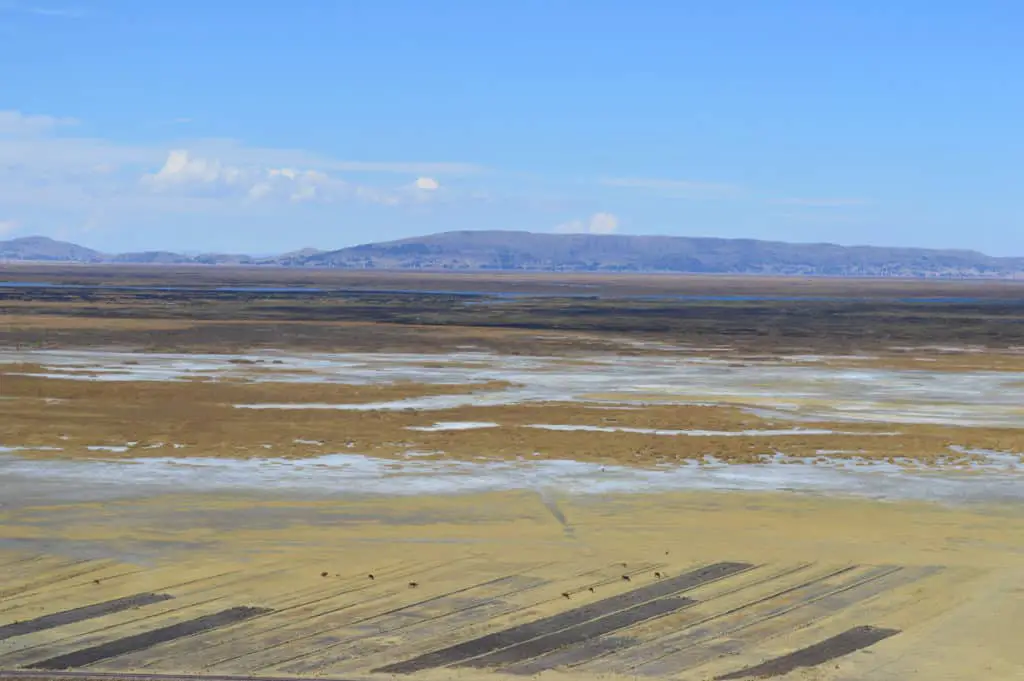
One important feature of alpaca wool is that it is not as mass-produced like the sheep industry. Small-scale farming increases the care and attention given to the animals, which means that it is more likely that they are treated well.
Wool production
When raw fleece is turned into yarn, a whole new process takes place. Read more about that in another article I wrote: How is alpaca wool made?
- Workers should be protected from chemicals used during the production process.
- If wool production is done industrially, workers should be equipped with proper security gear and training to work safely with heavy machinery.
- Ideally, as much of the natural features of the raw fleece as possible is maintained. Alpaca wool contains very limited amounts of lanolin, but still needs to be scoured.
- Similarly, if wool requires dyeing, biodegradable dyes are preferred to maintain an organic-as-possible product.
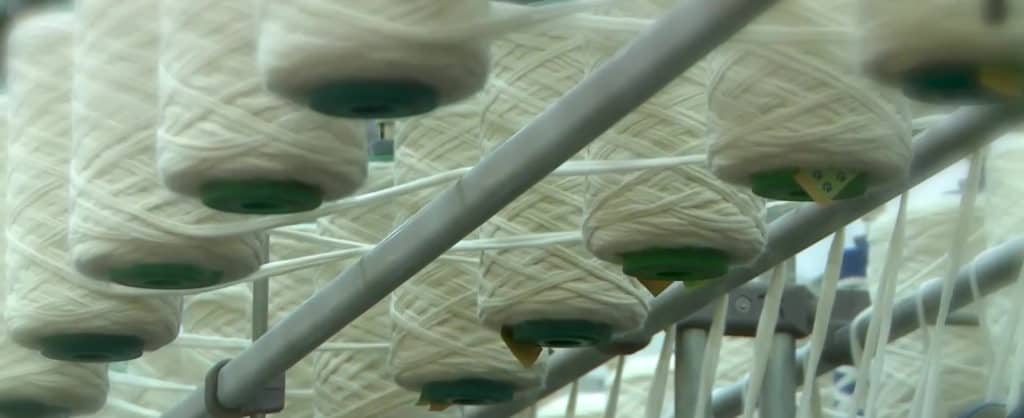
Manufacturing
When yarn is turned into garments, it is important that the people who knit the garments are treated equally and fairly.
- No employee should be discriminated against.
- Women should be empowered with equal rights and economic opportunities.
- Indigenous peoples in Andean countries should be encouraged to maintain their native practices and apply their knowledge and expertise on their work.
- Wages and benefits should at least be in line with a minimal wage or living standard.
Don’t be discouraged if you can’t find official certification for your favorite alpaca woolen products. You can easily investigate the brand and draw your own conclusions. Especially when you know what to look for!
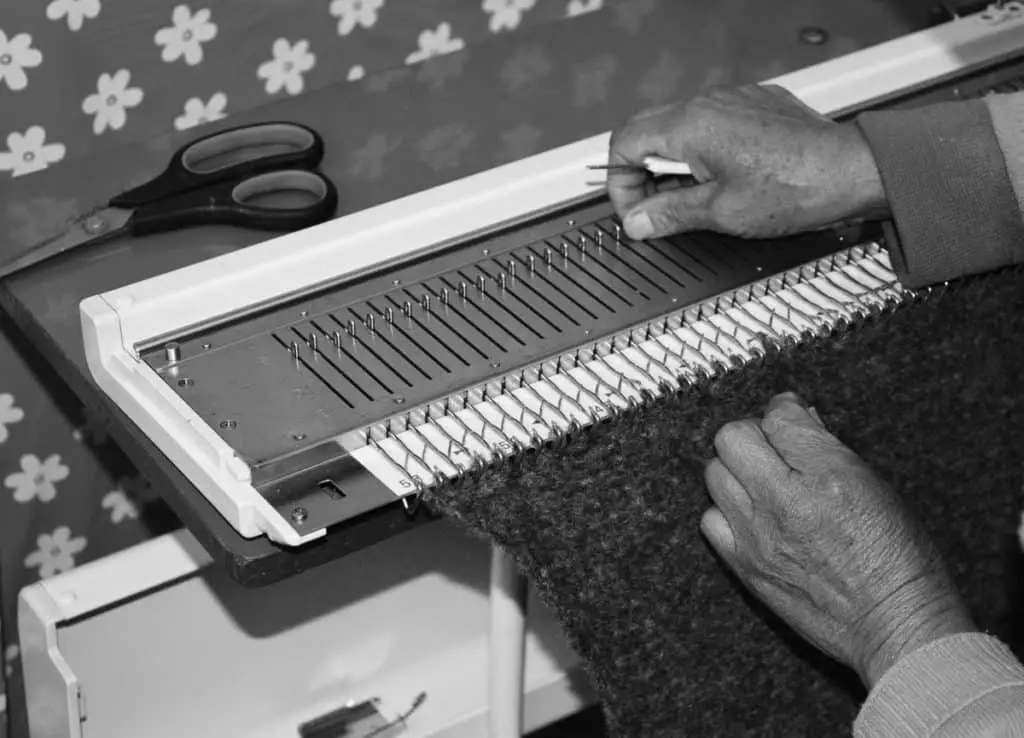
- One of the most important aspects of Fair Trade certification is transparency and accountability. The more information you can find about a brand or product, the better!
Is It Important That Alpaca Woolen Products Are Fair Trade?
It is very important that alpaca woolen products are made fair trade. It is not necessary that they are certified fair trade, however.
- It is important that alpaca woolen products are made with fair wages, good working conditions and equal rights for the laborers.
- It is important that workers are not discriminated against, that everyone is treated equally and that economic opportunities are equally encouraged and distributed.
- It is also important that the animals are treated well, are shorn respectfully and safely with proper equipment and that they can roam freely in their natural habitat.
- Next, it is important that the wool is made organically, remains biodegradable and that no chemicals are used during the production process. And that when they are used, that its waste is disposed of properly.
- Last, it is important that the materials are locally sourced, supporting indigenous culture, rituals and traditions. And that unique indigenous practises like spinning, dyeing and weaving are kept alive.
- It is important that all those things happen, for the sake of the animals, the farmers, the workers, the communities and the wearers.
However, it is not necessary that brands use certification. With transparency and accountability brands can show where the money goes, how employees are treated and where their materials come from.
It is not necessary that small brands pay astronomical amounts of money for certification as long as they are open to answer questions and share details to show what’s behind the brand.
I do acknowledge that there can be some problems regarding animal rights and treatment of workers in South America. It is therefore important to realize these things do happen and can be the case for your alpaca woolen product, too!
What Are Some of the UNFAIR Practices Regarding Alpaca Wool?
The reason why paying attention to your brand is important, is because things can always go wrong! Vegans and organizations like PETA are convinced that whenever a material comes from an animal, cruelty is involved.
While I do believe that alpaca wool is an animal-friendly, sustainable choice, it is important to be aware of the things that can go wrong!
Animal Maltreatment
In developing countries laws on animal welfare are often lacking or unenforced. When check-ups do take place, results can easily be manipulated due to corruption.
No Contract
Formal work agreements are rare in South America. Many people are forced to work without a contract and thus without the benefits that the employee is obligated to provide for.
I know from personal experience that working without a contract is very common in Peru. If you were to confront your boss, he’ll happily replace you for someone who doesn’t have a problem working without a contract.
Less than Minimum Wage
When no official contract is given to the workers, it becomes difficult to negotiate a minimum wage. Again, when there are so many people happy to work for less, it becomes hard for individuals to negotiate their position.
Extreme Working Hours
The legal work week in Peru is 48 hours. That means six days a week with an eight-hour workday. However, in practice, people often end up working much more than eight hours.
Again, from my own experience I know that 12 hour work-days are not uncommon. Neither are 7 day workweeks!
Corruption
Corruption and bribing are common in developing countries, and Peru and Bolivia are no exception.
No Knowledge of Worker’s Rights
Many people don’t know what their rights are, which institutions they can address to ask for help or support, and which steps they can take to improve their situation.
However, even when they do know, their situation is delicate and because there is so much poverty, people are more than happy to work for less. Their solution is often to work two jobs and make some extra money that way.
Knowledge of workers’ rights in and of itself is not enough to improve the people’s situation!
Dare to Share
I started Yanantin Alpaca because I spent five years living in South America, where too many women live in unfair, marginalized circumstances. With Yanantin I aim to connect the beauty and power of South America (particularly Peru and Bolivia) with “the Western world”.
Alpaca comes from South America, where the people have the knowledge to work with this high quality wool. And here, in the western world, we have the monetary funds to invest in such sustainable garments, and pay the price it deserves.
All Yanantin Alpaca products are made by women in Bolivia. They get paid more than the minimum wage, especially since women work their own flexible hours. Prices are mutually agreed upon and constantly checked.
The wool that is used for the production of the products comes from small farms as raw fiber. These small farms would not be able to sell their fleece by themselves, but by working together with one overarching producer, they are assured that they can always sell the fleece for a reasonable price.
The producer in turn (called COPROCA) works with biodegradable detergents and dyes.
- All dyes are certified by ETAD, which means they are biodegradable.
- All fiber is washed using KIERALON MRN MX, a GOTS certified industrial detergent.
- None of the fibers contain chemicals like chlorine bleach.
